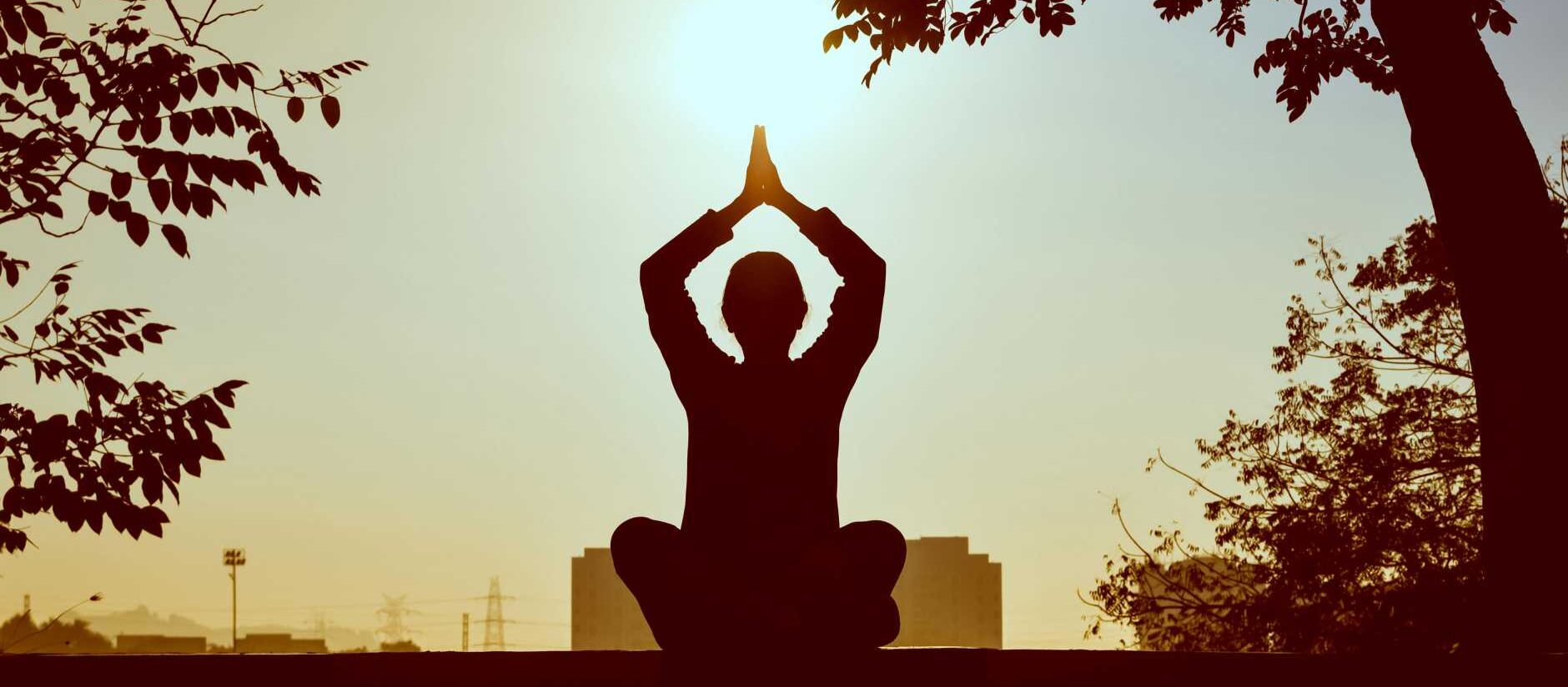We often discuss loneliness in terms of feelings. A quiet ache. A sense of isolation. We frame it as a mental or emotional state. Assuming it’s something to be shrugged off with a few positive affirmations.
This framing is not only wrong but also dangerously naive.
The U.S. Surgeon General compared loneliness to smoking 15 cigarettes a day. Thus, the effects of loneliness on health are more serious than something that makes you a little sad. There is a considerable amount of scientific evidence concluding that chronic loneliness is a physical health crisis that ravages your body completely.
Your body keeps the score. Your biology shifts into a state of emergency the moment you feel chronically disconnected. This isn’t just psychosomatic but physiological. Let’s understand the effects of loneliness on health and how to cure it.
The Tiger in Your Living Room: Your Body on High Alert
Evolution taught our minds to repel loneliness for better survival chances. In ancient times, losing the support of the tribe was a death sentence. This was due to the increased risk of predators, starvation, and other factors. Isolation was not safe.
Your brain hasn’t forgotten this. It doesn’t just sigh with sadness in profound social isolation. Rather, it starts ringing a biological alarm that triggers similar survival instincts when in a direct physical threat. This is the famous fight-or-flight response.
Imagine what would happen to the mind psychologically if a tiger burst into the living room. The hypothalamus, the brain’s command center, will switch on emergency mode. The hypothalamus will signal your adrenal glands to increase the flow of stress hormones, primarily cortisol, into the bloodstream.
This system is the perfect response to a tiger attack.
But loneliness doesn’t work like a tiger that attacks and leaves. It’s a tiger that moves into your living room. It paces and growls but never pounces. Also, it never leaves the room.
As a result of loneliness, the body remains in a state of yellow alert. Cortisol is still being released in the bloodstream. This constant, unsure existential threat is the primary reason for loneliness. Due to the constant threat, systems suppressed temporarily for survival begin to degrade from long-term neglect.
Organ-by-Organ Breakdown: long-term effect of Loneliness
The effects of loneliness on health are seen in different ways. We will not understand the impact of isolation on our brain, immune system, and heart.
1. Effects of isolation on the brain
Think of the relentless stream of cortisol as a slow, corrosive acid rain falling on the delicate brain. This isn’t a momentary storm but a permanent, damaging climate
The hippocampus is the central hub of the brain for identifying new memories and regulating emotion. This part of the brain becomes vulnerable to erosion due to the constant supply of cortisol. Due to chronic loneliness, the hippocampus eventually weakens, neural connections fray, and volume diminishes. A shrinking hippocampus is like losing a library of memories. Thus making it hard to form new memories and manage emotions. This is a primary red flag for Alzheimer’s disease.
At the same time, long-term isolation impacts the prefrontal cortex. This part of the brain is responsible for rational decision-making, impulse control, and navigating social cues. Suppressed functions of the prefrontal cortex are one of the effects of loneliness on health. This is why, in chronic isolation, you snap at a loved one, struggle to concentrate, or are overwhelmed by simple decisions.
This neurological rewiring can increase your risk for clinical depression and anxiety disorders. Also, it can accelerate the progression of Alzheimer’s and other dementias by 40%. Loneliness doesn’t just change your thoughts but also affects the organ that creates them.
2. Effects of loneliness on your heart’s health
The effect of isolation isn’t confined to the brain. The inflammatory chemicals unleashed from chronic stress travel through the bloodstream and target the endothelial lining of blood vessels. This lining is a smooth, delicate layer functioning to protect blood vessels.
The smooth lining becomes irritated and damaged under the constant flow of stress chemicals. The body then attempts to repair the damage and start patching the walls with a sticky substance called cholesterol plaque. This process is called atherosclerosis. Eventually, the passageways narrow, leading to high blood pressure. As a consequence, the arteries harden.
The whole process puts the cardiovascular system under stress. As a result, data shows 29% increased risk of coronary heart disease and a 32% increased risk of stroke. That’s why the phrase “heartbreak” is a physiological truth rather being poetic.
3. Effects of loneliness on the immune system.
Chronic loneliness affects the body’s defense network. It keeps the immune system under stress as a stress response. This is a fake alarm ringing for weeks, months, or even years. Eventually exhausting and confusing the body.
After a hundred false alarms, the immune system stops responding prematurely.
This is called “immune dysregulation.” Your body’s defenses stop functioning properly due to overwork. Loneliness makes the immune system hyperactive and ineffective. The immune system pumps out too much inflammatory material (linked to chronic diseases and cancer), simultaneously failing to mount a strong, targeted attack against real threats. The few lethal effects of loneliness on health due to immune dysregulation are:
- Vaccines, like the flu shot, produce a weaker antibody response.
- Common viruses affect the body easily and linger longer.
- The body’s ability to identify and destroy cancerous cells is compromised.
Social isolation initially puts your immune system on permanent alert, which can burn it out. This makes you vulnerable to every passing germ and more serious illnesses.
The Vicious Cycle: How Poor Health Fuels More Loneliness
The damage doesn’t stop there, and a vicious loop forms.
You become so uninterested that you do nothing when loneliness compromises your health. You’re too tired, anxious, or sick to go out and socialize. This behavior continues and intensifies the loneliness, which worsens health, and so on.
It’s a vicious, self-perpetuating cycle that feels impossible to break.
The damage doesn’t stop here. It locks you into a vicious, self-perpetuating cycle. You generate withdrawal symptoms while loneliness compromises your health, resulting in more fatigue, anxiety, or illness. As a result, you lack the energy to reach out, cancel plans, and isolate yourself more.
This behavior intensifies loneliness, which further worsens your physical and mental state. It’s a devastating loop where the symptom (withdrawal) fuels the cause (loneliness), making it increasingly impossible to break free.
Fighting Back: How to Heal Your Body by Healing Your Connections
This sounds scary, but knowledge is power. To minimize the effects of loneliness on health, the first step tis understand the links. You can reverse this process. Your body is incredibly resilient and will find balance. Here’s how to fight loneliness.
1. Reframe Connection as a Non-Negotiable Health Priority.
You don’t skip brushing your teeth or taking life-saving medication. Then why not start viewing social connections with the same urgency? Social connections aren’t a luxury but a fundamental requirement for physical survival. Schedule it like a doctor’s appointment.
2. Start Small to Soothe Your Nervous System.
You don’t need to throw a party to soothe your nervous system. Because your body is in a constant fight-or-flight mode, it needs a signal that the “tiger” is gone.
- Embrace “Weak Ties”: A 30-second conversation with a barista or mail carrier tells the nervous system, “I am safe among my tribe.”
- Prioritize Quality: A five-minute, focused, device-free conversation is more valuable compared to fifty distracted text exchanges.
3. Use Movement to Break the Stress Cycle.
Exercise metabolizes excess cortisol and reduces inflammation.
- Walk with a Friend: A combination of social connection and movement is good for healing. Do not skip walking in nature with a friend and sharing your experience.
- Join a Group Class: A yoga studio, a running club, or a rock gym provides you with community, movement, and a shared purpose.
4. Seek Professional Help.
Therapy isn’t just about talking about feelings. It requires a professional approach. Therefore, a therapist can provide tools to break negative thought patterns, manage social anxiety, and develop strategies to build connections. There is no shame in this. It is a smart investment to fix your degrading mental health.
Your body is always listening. It hears the silence of isolation and responds as if it’s in mortal threat. But it also hears the sound of a friend’s laughter, the comfort of a hug, and the support of a community. It knows the difference very well.
Send your body a signal of safety and positive connection. In fact, your brain, heart, and immune system are begging to move away from isolation and find a good tribe.
Share this content:




